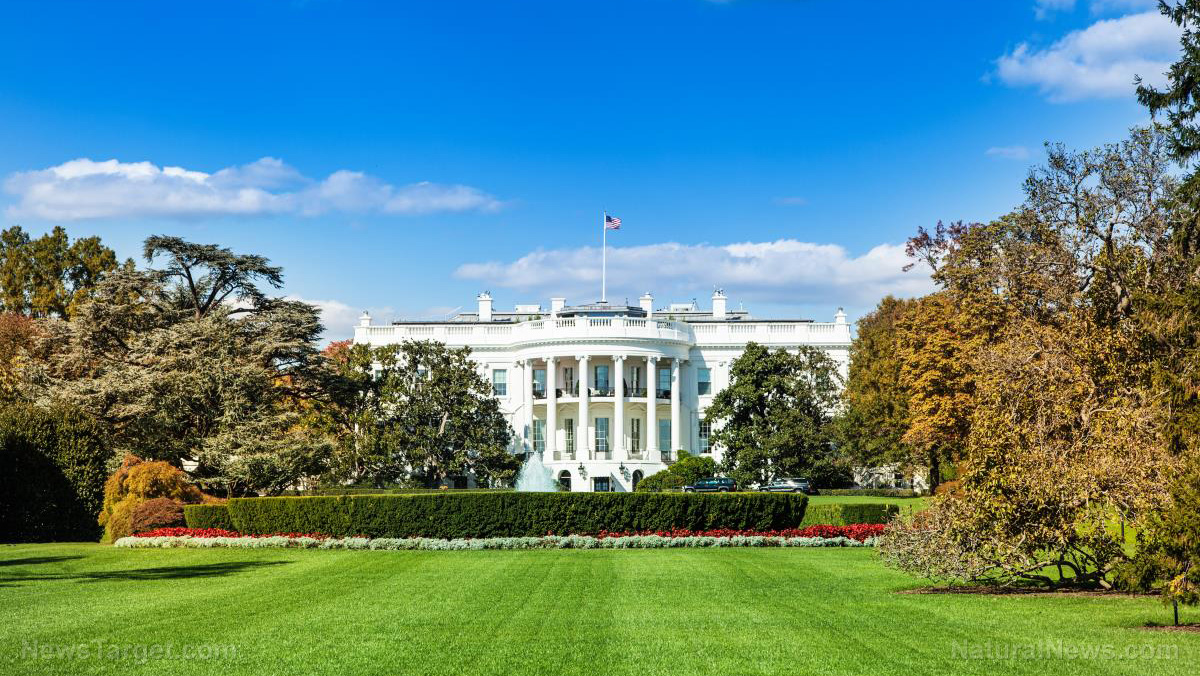
The Washington Supreme Court decided that RCW 69.50.4013, which tacks up to five years of prison time plus hefty fines onto convicted drug possessors, is unconstitutional because there is no way to prove that those caught in possession of illegal drugs knew that the drugs were on their person.
"This case presents an issue of first impression for this court: Does this strict liability drug possession statute with these substantial penalties for such innocent, passive conduct exceed the legislature's police power?" the ruling asks.
"The due process clauses of the state and federal constitutions, along with controlling decisions of this court and the United States Supreme Court, compel us to conclude that the answer is yes – this exceeds the State's police power."
Those in support of the ruling say it will prevent militarized police forces from further arresting and charging people for merely having on their persons substances that the government says people should not be allowed to possess.
On the other hand, conservatives like Jason Rantz, a talk show host based out of Seattle, disagrees. To him, this ruling means that violent felons "like child rapists" could be released early from prison if their sentences were tied to drug possession charges.
"Consequently, police departments across the state, including in Seattle and Tacoma, will no longer arrest individuals for simple drug possession," Rantz laments.
Is the War on Drugs ever really justified?
Part of Rantz's argument makes sense to this writer in that drug possession charges are often used to catch actual criminals who commit real crimes like assault, rape, or murder.
"Charges of simple possession aren't always just about simple possession," Rantz explains. "It's a way to get dangerous criminals off the streets via an easily provable offense."
For better or for worse, drugs are an "in" for cops to nab a suspect in the event that witnesses fail to testify. Drugs being "illegal" also serves as "direct evidence," Rantz says, "tying the suspect to the crime."
It is the opinion of this writer that police officers simply need to do a better job, or be more willing to do their job, of conducting investigations into real criminal activity.
Sure, nabbing someone for "illegal" drugs is easy, and it could lead to catching real criminals. But what about non-violent offenders who, were it not for the War on Drugs, would be considered innocent?
Possessing and using drugs, no matter how much conservatives dislike the idea, is not a real crime. Prior to the 20th century, there was no such thing as a drug law and the world spun on just fine.
Only in the last 100 years did governments decided to criminalize not just the use of what they refer to as drugs, but also possession of such. This has led to many non-violent offenders being locked away unjustly, setting their lives on a crash-course to failure due to rap sheets that follow them around for life.
In many ways, "left" states like Oregon and Washington have the right idea trying to stop the criminalization of mere possession of substances, many of which exist as a matter of nature. Think "magic" mushrooms and peyote, rather than heroine and processed cocaine.
There are still areas of the country where cannabis remains "illegal," even though it has been proven time and time again to help people. If possession laws remain, then what will become of the sick who live in such areas and become "criminals" the moment they are caught?
More related news can be found at PoliceState.news.
Sources for this article include:
Please contact us for more information.























